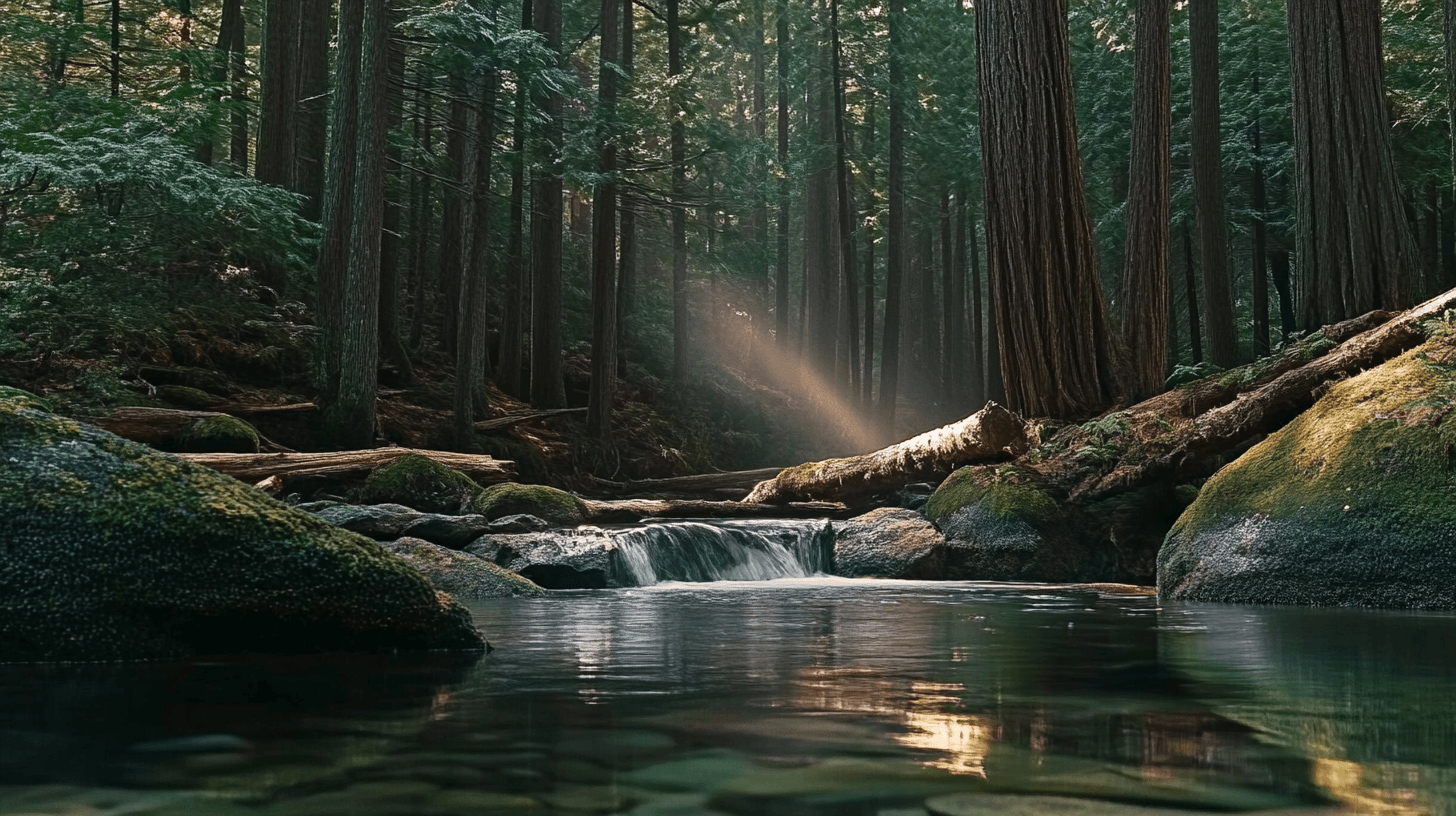When systems collapse, the first things we lose are modern conveniences—clean water from taps, food from grocery stores, communication networks, and safe shelter. We’ve become experts at swiping screens, ordering meals online, and relying on GPS directions, but what happens when none of these exist anymore? Primitive survival skills, the same methods that kept our ancestors alive for thousands of years, suddenly become indispensable.
As someone who's trained survivalists and led wilderness courses, I can tell you the truth: the more basic the skill, the longer you'll survive. It's not about stockpiling gear—it's about mastering fundamentals. Here are six primitive skills everyone should master, not as a hobby, but as life insurance for the day the lights go out.
1. Building Effective Shelter
When modern structures fail or become unsafe, you must rely on shelters built from the land around you. A good shelter doesn’t just protect you from rain—it keeps you warm, dry, and hidden from predators or hostile people.
Practice creating simple yet sturdy shelters, such as lean-tos, debris huts, or natural caves. Use evergreen branches, leaves, and grasses for insulation. A proper debris hut, constructed correctly, can keep you warm even during freezing nights without the luxury of blankets or sleeping bags.
2. Finding and Purifying Water
Water is your first critical resource, and without clean drinking water, your survival timeline shrinks dramatically. Our ancestors knew exactly where and how to find water, even in harsh climates.
Locate natural water sources like springs, creeks, and rain catchments. But knowing how to purify that water is equally crucial. Learn primitive filtration methods using sand, gravel, and charcoal. Master boiling water effectively, even without modern cooking vessels—use heated rocks or bark containers, skills that turn dangerous sources into life-saving hydration.
3. Making Fire Without Modern Tools
A match, lighter, or ferro rod simplifies fire-making, but primitive fire-starting is a skill that might someday save your life. Fire provides warmth, cooks food, purifies water, signals rescuers, and wards off predators—it's one skill you simply can’t afford to neglect.
Practice friction methods such as bow drills and hand drills. Begin now, because friction fire-making requires patience, technique, and practice. Understanding natural tinder—birch bark, cattails, dried grasses—means success even under wet conditions, transforming damp, miserable nights into survivable experiences.
4. Primitive Hunting and Trapping
Hunting and trapping aren't hobbies in a collapse; they're survival essentials. You won't be relying on stocked pantries when grocery aisles turn bare. Primitive hunting and trapping techniques provide protein when modern food systems fail.
Learn to set snares and deadfall traps for small game like rabbits and squirrels. Master basic hunting tools—spears, throwing sticks, or even primitive bows—constructed from materials readily available in nature. These skills extend your survival window by months, even years, providing nourishment when all else fails.
5. Foraging and Plant Identification
Foraging is often overlooked, yet wild edible plants represent one of the most reliable food sources after civilization collapses. But foraging without accurate identification can turn deadly. Primitive survivalists knew every plant’s value—what heals, nourishes, or poisons.
Begin learning your local edible plants, roots, nuts, berries, and medicinal herbs. Gain confidence in distinguishing safe foods from toxic lookalikes. Skills in plant identification reduce your risk, extend your survival resources, and improve overall health when vitamins and fresh greens become luxuries.
6. Basic First Aid and Natural Medicine
Primitive survival isn’t just about food and shelter; it’s about health care when hospitals and pharmacies no longer exist. Our ancestors survived without doctors or antibiotics because they knew nature’s medicine cabinet intimately.
Master basic wound care—cleaning and dressing cuts, preventing infections using honey, pine resin, or plant-based antiseptics like yarrow. Learn medicinal plants to treat illnesses like fever, infections, digestive issues, or pain. Natural antibiotics like garlic, plantain, and usnea lichen could save lives when pharmaceuticals are memories.
Primitive Skills Are the Ultimate Preparedness
Stockpiled gear and modern survival equipment have limits: batteries die, supplies run out, and gear fails. But primitive skills last forever—they’re the foundation of human resilience and the bridge to survival in uncertain times.
Don't underestimate the comfort and empowerment that come from knowing these ancient methods. The difference between thriving and barely surviving in a collapse is preparation, practice, and respect for these skills.
The time to master them isn’t after society goes dark—it's now. Step outside, pick up these skills, test your limits, and reconnect with the basics. When everything else fails, your knowledge of primitive skills will remain, guiding you safely through the darkest nights.









